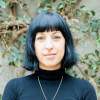
Markel’s story: the uncertainty of living without a diagnosis
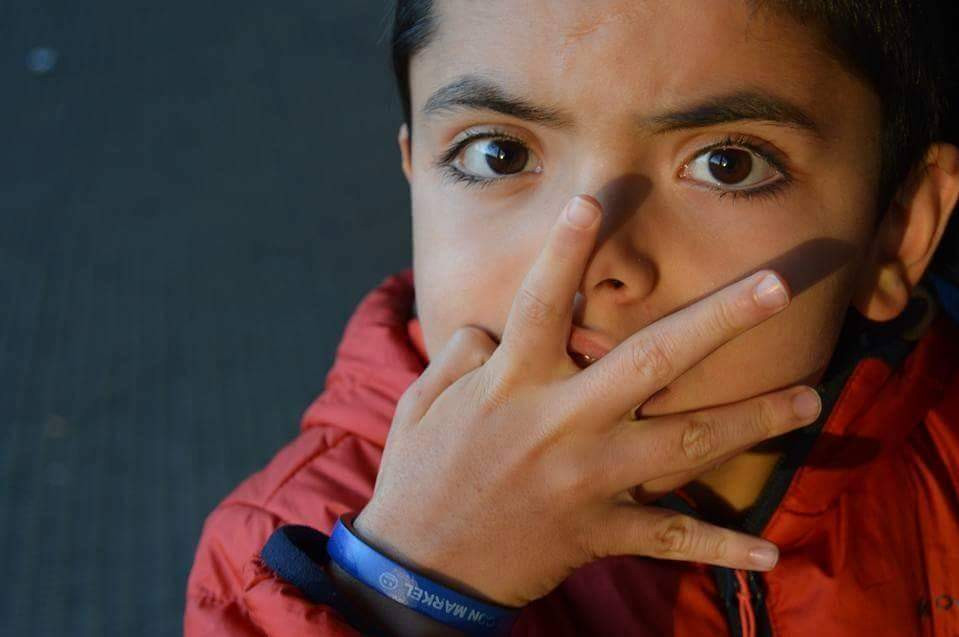
Disease burden of undiagnosed patients from a holistic perspective
Markel lives with his parents, María and Vicen, and his older sister Carlota in Urnieta, a small town near San Sebastián, Basque Country (Spain). He will become 13 in August, but he looks much younger because he is quite small. He walks slowly and he gets easily exhausted. He also has a severe cognitive and psychomotor retardation and, due to a recent gastroesophageal reflux episode, he had to undergo a gastrostomy tube insertion and he is now fed through it. María says that they already noticed that something was wrong with her son when he was 10 months-old: “Markel was a very still baby, he didn’t move. If you left him in a certain position he wouldn’t change it for hours, he didn’t care about toys, when he was 6 months-old he wouldn’t hold his trunk and he constantly fell to the sides, he didn´t grab objects nor did he have the grasping reflex. He even rejected all the objects we offered him”.
Nowadays Markel is still undiagnosed. His disease has no name. Clinicians have run numerous genetic tests on him, including Sanfilippo syndrome (Type III Mucopolisaccharidoses), a CGH array or compared genomic hybridization to detect Phelan-McDermid syndrome, a test to detect Rett’s syndrome and another one for Angelman’s syndrome. None of these examinations have shown positive results. Currently, the whole family is waiting for the results of a new test called exome sequencing, a complex genetic analysis that scrutinizes the whole exome or the coding part of the genome, this is, the genes that are translated into proteins.
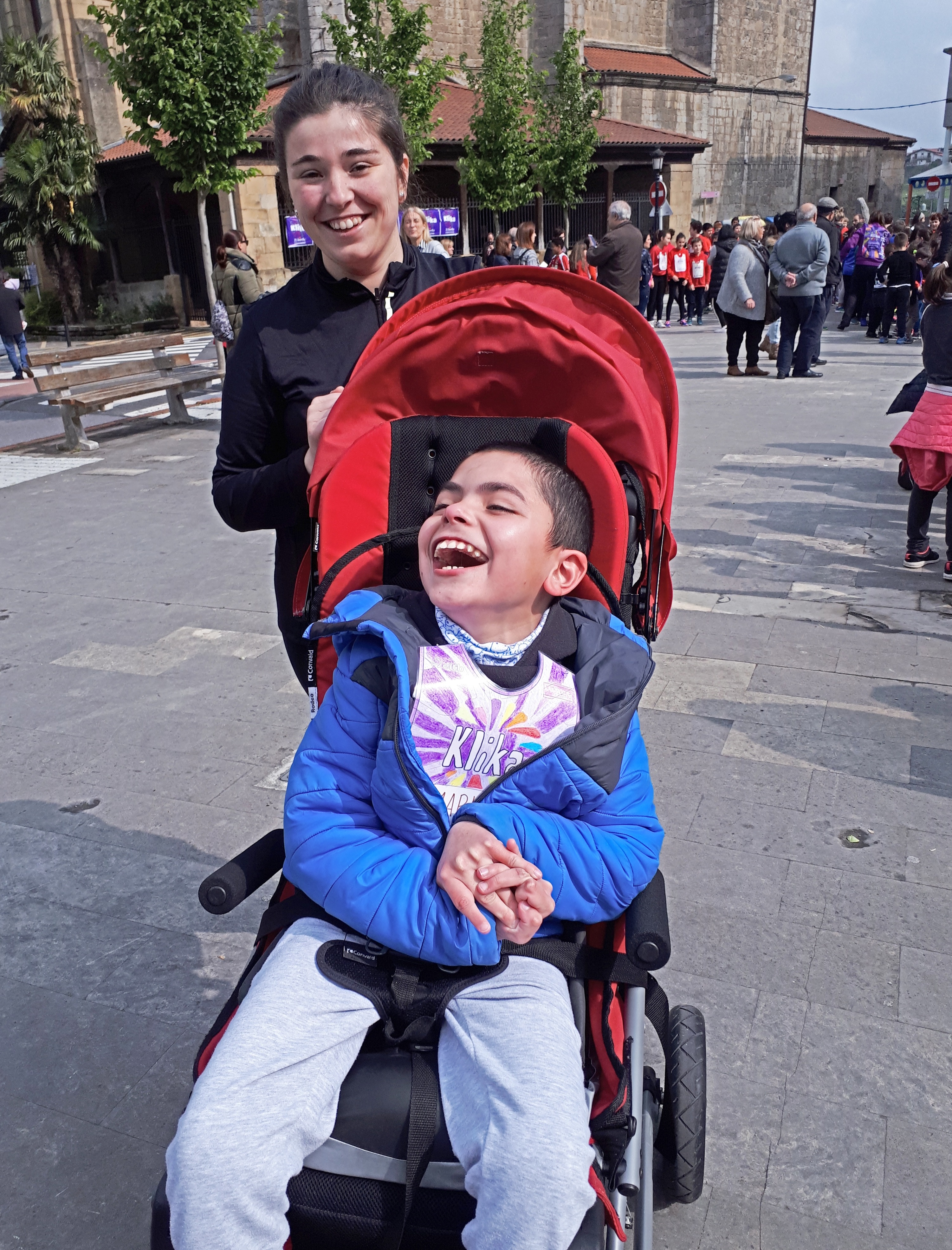
When María is asked about her feelings when facing this disease with no name, she is very clear about the term: uncertainty.
"When you are given a diagnosis you know which things to tackle, specific things. Without a diagnosis there is a broad range of possibilities and this is very confusing. Once we get the diagnosis we will be able to work on specific issues, we will know which path to choose and our vision about Markel’s future will be much clearer”.
In around 50% of minors with rare diseases diagnosis is at a 10-year delay. As a consequence, families do not receive the support and the therapies they need. Because, how can we prescribe a treatment to cure a disease with no name?
Remembering the first time they were aware about what was happening to Markel brings bitter memories to María. “At first you are completely shocked, you are filled with anxiety, sadness, pain, guilt, outrage… but in time you learn to develop a lot of patience that helps you deal with your daily life, because these kids need constant caring. Affection and love help you overcome everything and this is how the family is able to remain strong”.
The day to day with Markel is a long-distance race. Routines are sacred for his wellbeing. Maintaining his sleep schedules is crucial because he does not sleep very well. “His dad wakes him up at 6:45 am. He doesn’t moan at all, even at that time of the day. Vicen feeds him breakfast (through the tube) and we tell him in advance all the things he has to do before leaving using his communication device: breakfast, clothes, toilet, tooth brushing... At 9 am he enters school, where he is currently integrated in a class with 22 students. An assistant trains his abilities and skills. He also takes speech and physical therapy”. Markel participates in the same subjects as the rest of his classmates. He is just another kid in that class.
Markel spends 2 hours a day doing physical therapy exercises. These help him with his walking and prevent his muscles from numbing. He also undergoes a great number of therapies to improve his neuromomotor capacity, muscular tone, balance, audition, communication… No time for resting. “All those therapies, which are a lot, improve Markel’s quality of life. When we knew that Markel had a severe psychomotor delay doctors told us that we would never be able to walk or communicate. We have struggled a lot, but we proved them wrong”. Thanks to the selfless financial support of many people (family, friends and people of their town) they are able to pay for the therapies. “Without all this help Markel wouldn’t be able to take so many therapies and wouldn’t have improved so much. Most therapies are very expensive. We feel so grateful!”.
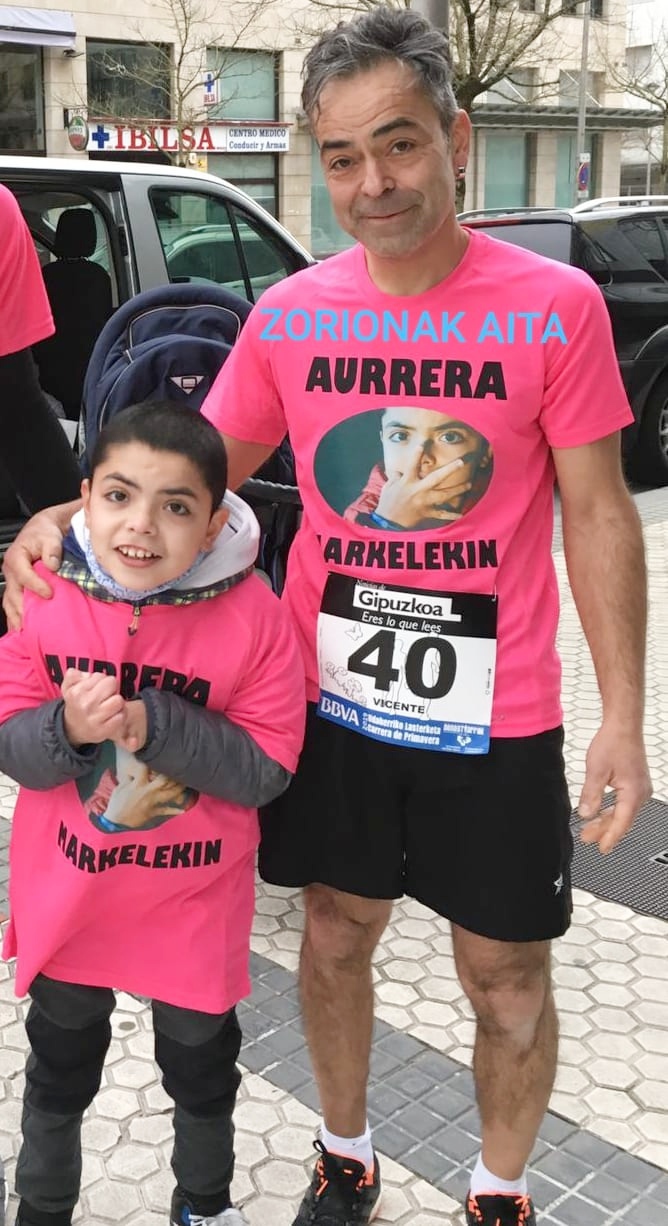
Markel is a restless boy and his parents have realized that participating in physical and social activities is really beneficial for the development of his abilities and his senses. He is part of a carnival group, he takes workshops, practices king surf, attends solidary races with his father and a friend... He really has a tight agenda!
All the members of the family are entirely involved in Markel’s care. His sister Carlota, who is 15, manages his brother’s disease with dignity. She is very brave and has a strong character. “Carlota has lived a difficult situation but she has been mature enough to manage everything that came along. We have always addressed Markel’s issue naturally inside the family, and we have tried to ensure her own space”. Carlota takes care of Markel when her parents are away. “She doesn’t want us to leave him with other members of the family. She adores Markel; she plays with him, teaches him and, of course, argues with him from time to time. They are siblings, you know! They have a beautiful relationship”.
Like every other child suffering from a multisystemic and chronic disease, Markel visits many clinicians: surgeons, physical therapists, traumatologists, endocrinologists, neurologists, gastroenterologists… María states that managing her son’s disease has been arduous:
“We are not properly informed by clinicians, educators, social workers... Fortunately I’m restless, because if I stop Markel stops. I demand extra information to every medical specialist that visits my son. I always lean on other mothers in the same situation and we share all kinds of data”.
Information is power, and María knows this well. Being in touch with other families helps her to be informed about new therapies for Markel. “I’m a big fan of social media because they are very useful to reach other families living a similar situation. I post videos and pictures of all the activities we perform with Markel in order to give visibility to the hard work we do with him”.
When mentioning research, María is categorical: “It is fundamental, the more research we do, the more we will know these diseases and the better we will be able to tackle them”. When she is asked about what a collaborative project like Share4Rare could bring to families like hers, María highlights that feeling that someone is supporting them is really important.
“A platform that includes patients and caregivers is so necessary! We the families need to feel that someone’s got our back, because we often feel very lonely. I think that it could also help to give visibility to our community and to show the world that there are many of us out here and that we need help”.
María and Vicen will not stop until Markel is finally diagnosed. They are aware that sharing information is vital to get to know his disease better and that the more patients engage in rare disease research, the closer they will get to their dream: to call his son’s disease by its name.
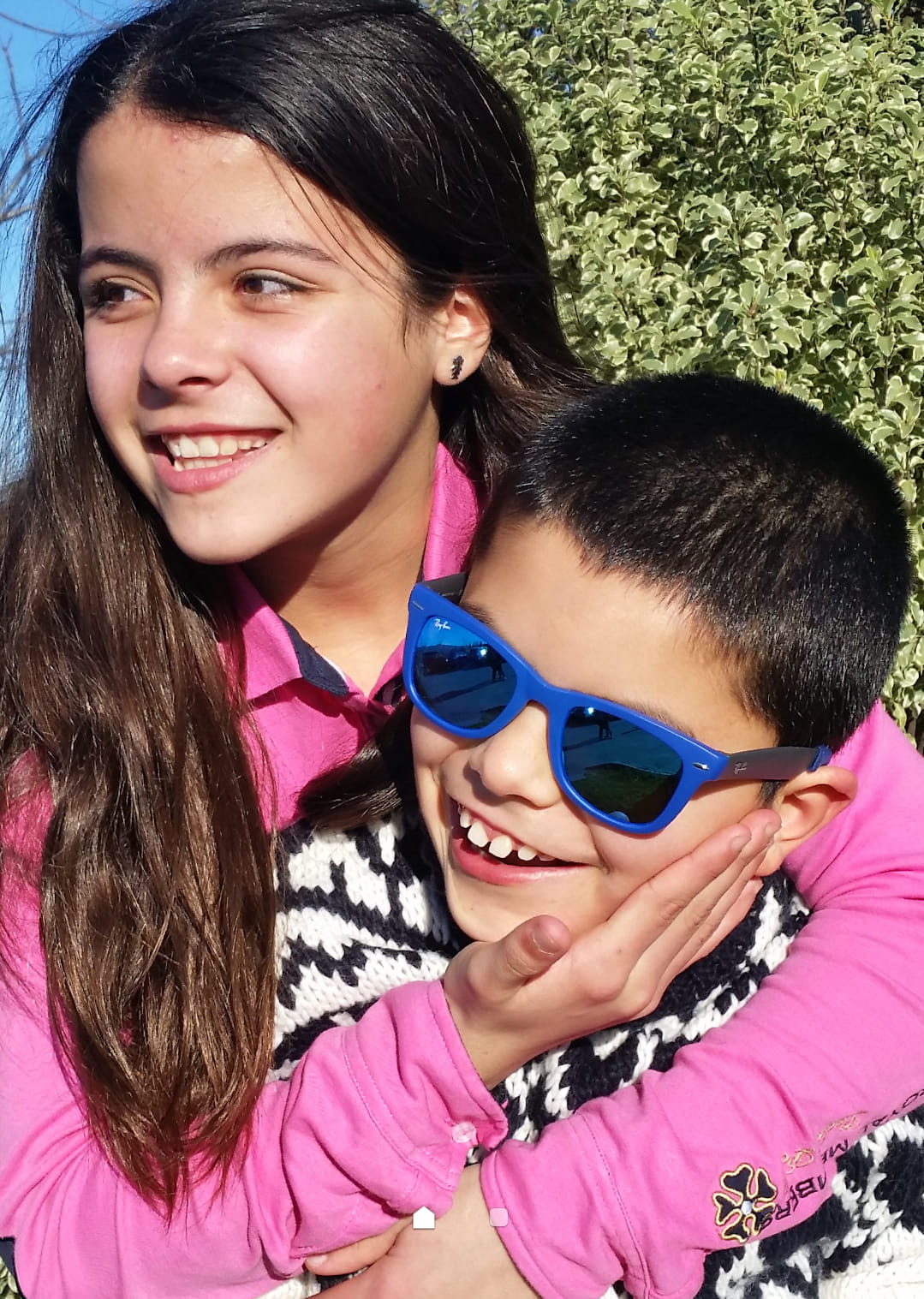
Share4Rare, a platform that also supports people without a diagnosis
Share4Rare is a platform that includes all rare disease patients, diagnosed or not. The Share4Rare algorithm clusters users by disease but also by symptoms, so undiagnosed patients are able to connect with other patients with similar symptomatology, helping them to improve the management of their condition. The platform also allows them to get in touch with people with similar profiles, which may help to stablish a pattern that may ultimately lead to the development of a research project. Join Share4Rare and help us build the biggest rare disease patients community!
